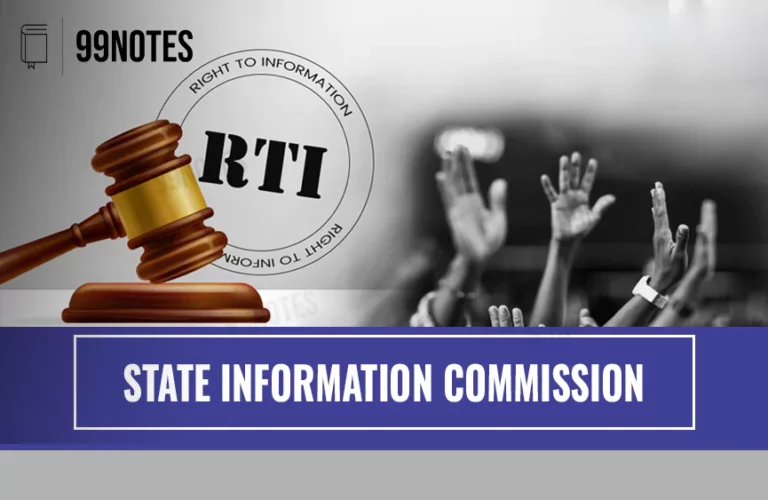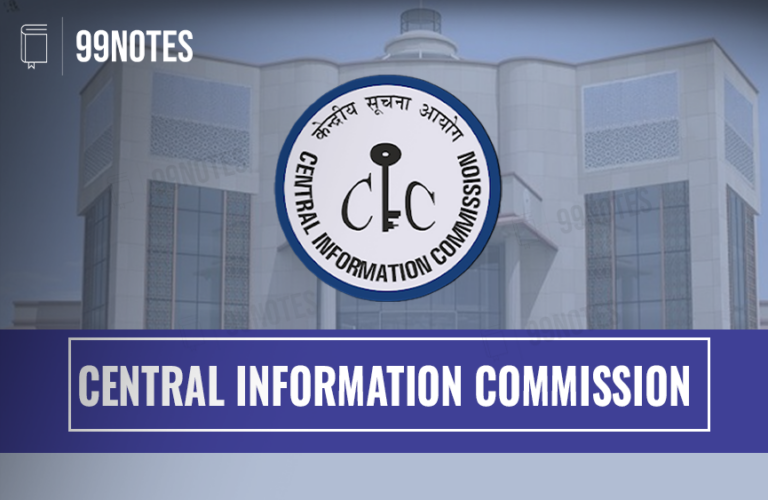State Human Rights Commission- UPSC Indian Polity Notes
State Human Rights Commission
Besides the National Human Rights Commission, the Protection of Human Rights Act, 1993 provides for the establishment of the Human Rights Commission in each state.
It has been entrusted with the responsibility of safeguarding and promoting human rights at the state level.
Composition of the State Human Rights Commission
The State Human Rights Commission consists of:
- A Chairperson who is a retired Chief Justice or a judge of a High Court;
- One Member who is a retired or serving Judge of a High Court;
- One Member who is a retired or serving district judge in that state,
- Two members are to be appointed from individuals with expertise or practical experience in matters pertaining to human rights.
The act provides for a Secretary, subject to the control of the Chairperson, who shall be the Chief Executive Officer (CEO) of the State Commission and will exercise administrative and financial powers of the commission.
Note: The appointment of any sitting Judge of a High Court or a sitting District Judge can only occur following consultation with the Chief Justice of the relevant High Court.
Appointment of Chairman and Other Members of SHRC
The Chairperson and other members of the commission are appointed by the Governor of that state.
Every appointment is made after obtaining the recommendation of a committee consisting of:
- The Chief Minister as Chairperson of this Committee.
- Speaker of the legislative assembly.
- Minister in charge of the Department of Home Affairs.
- Leader of the opposition (LoP) in the state assembly.
- Chairperson of the Legislative Council (In case of bicameral legislature)
- Leader of Opposition (LoP) in the legislative council (In case of bicameral legislature).
Term of office and other service conditions of Chairperson and Members
- Term: The Chairperson or the Members of the State Rights Commission hold office for a term of 3or until they attain the age of 70 years, whichever is earlier.
Note: Earlier, the tenure was a maximum of 5 years or 70 years of age, whichever is earlier, But the Protection of Human Rights (Amendment) Act 2019 amended that provision.
- Reappointment: Both the Chairperson and members are eligible for reappointment. However, they cannot hold office beyond the age of 70.
- Further Employment: After the end of the term, the Chairperson and members are ineligible for further employment under the state government.
- Salary and allowances: The salary, allowances and other service conditions are determined by the state government. However, they cannot be varied to their disadvantage after their appointment.
Note: The expenses, including the salary and allowances, are not charged on the consolidated fund of States.
Removal of Chairperson and Members
- Protection of Human Rights Act 1993 describes the procedures for the removal of any member of the commission.
- According to the act, the Chairperson or any other members of the commission can be removed only on the order of the President on the grounds of proven misbehaviour or incapacity after a Supreme Court enquiry (on the reference made by the President) that upholds the charges made and advises so.
- The President may remove the Chairman or any other members in the following circumstances:
-
- If s/he is adjudged an insolvent;
- Has been convicted of an offence, which as per the President’s judgement, qualifies as moral turpitude;
- Takes on any paid employment outside;
- of their official responsibilities while serving in office;
- Is, in the opinion of the President of India, unfit to continue in office due to infirmity of mind or body.
Jurisdiction of the State Human Rights Commission
- SHRC can inquire into violations of human rights only with respect to subjects mentioned in the State List and the Concurrent List. However, if any such case is already being inquired into by NHRC or any other Statutory Commission, then the SHRC cannot inquire into that case.
- The 2019 amendment provides that the central government may confer upon the SHRC the functions relating to human rights being discharged by the UTs, except the union territory of Delhi.
- The functions relating to human rights in the case of the National Capital Territory of Delhi are to be dealt with by the National Human Rights Commission.
Matters not subject to the jurisdiction of the Courts:
- The commission will refrain from investigating any issue that is presently under examination by a state commission or any other commission established under the existing laws.
- The commission will not inquire into any matter after the expiry of one year from the alleged date of the act, constituting a violation of human rights.
Powers and Functions of State Human Rights Commission
- Investigate either on its own initiative (suo moto) or in response to a petition submitted by a victim or another individual acting on their behalf regarding complaints related to:
-
- Violation of human rights or
- Failure of a public servant to prevent such violations.
- Intervene in any legal proceedings concerning allegations or violations of human rights, subject to approval from the relevant court negligence.
- Conduct visits to jails or other institutions under the control of the State Government where individuals are detained or housed for purposes of treatment, rehabilitation, or protection to assess the living conditions of the inmates.
- Evaluate the safeguards established by the constitution or any other prevailing laws for the protection of human rights.
- Assess the factors hindering the enjoyment of human rights.
- Engage in and promote research within the field of human rights.
- Disseminate human rights literacy and raise awareness about the available safeguards through publications, seminars, and other means.
- Support the initiatives of non-governmental organizations (NGOs) and extension work in the realm of human rights.
- Undertake any other necessary functions deemed essential for the advancement of human rights.
Note: The Commission is authorized to conduct investigations in cases of human rights violations by public servants. In instances where human rights are violated by private citizens, the commission can step in if a public servant fails to prevent such violations due to negligence.
Constitution of Special Investigating Team
The government can create a special investigation team of officers if it feels it is needed. These teams are formed to investigate and prosecute crimes related to human rights violations. This power is not restricted by other existing laws.
Human Rights Courts
To ensure a prompt trial of offences related to human rights violations, a state government can designate a Court of Session in each district as a Human Rights Court for trying such offences, subject to the approval of the Chief Justice of the High Court, through a notification.

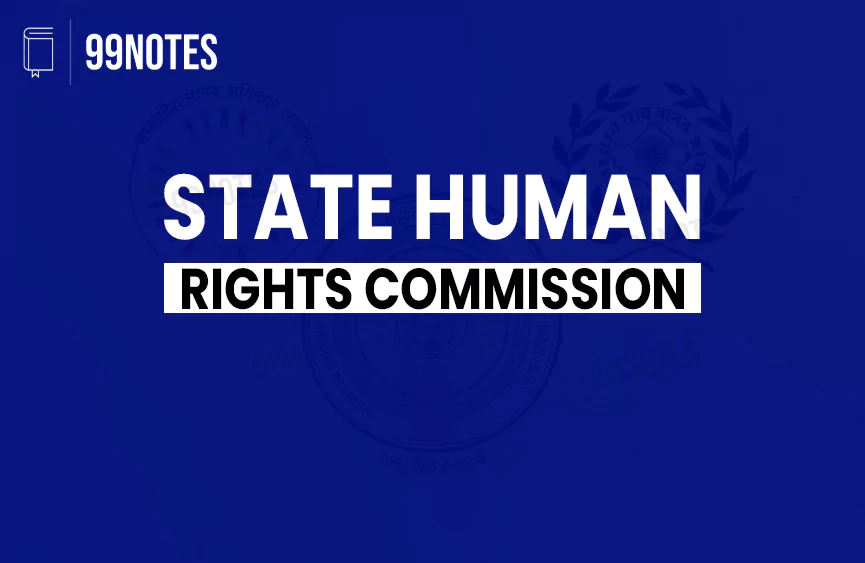

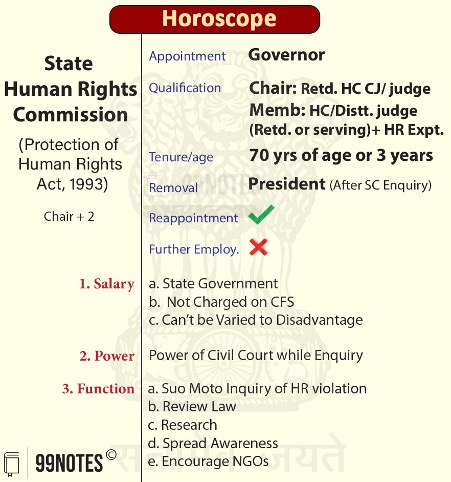
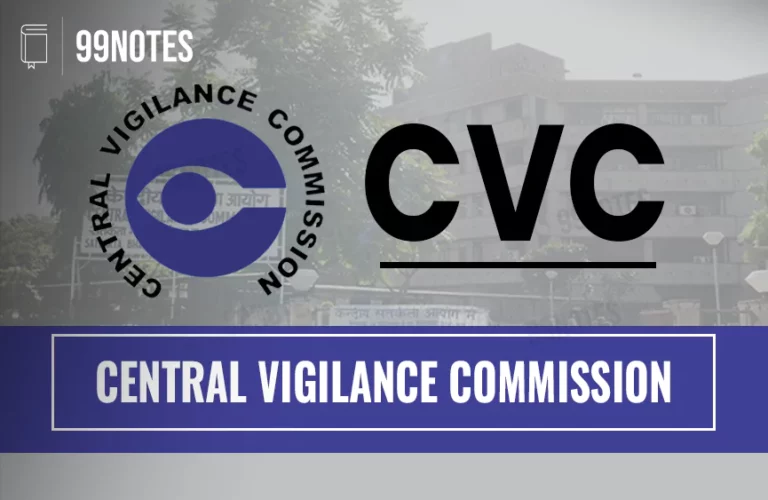
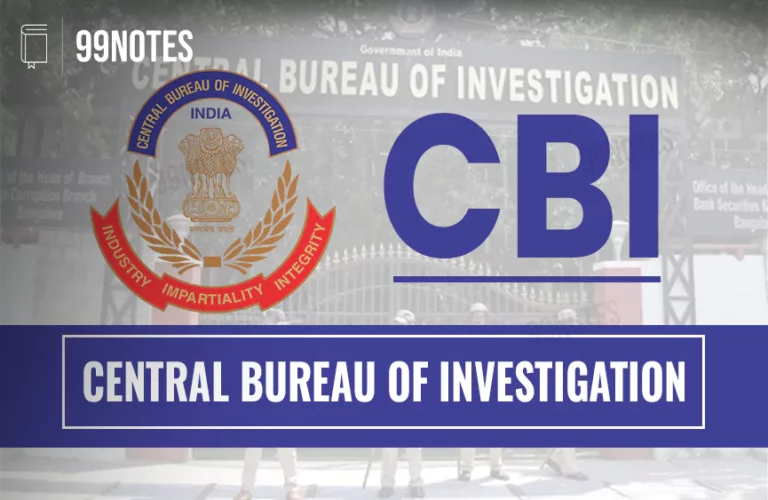
![National Human Rights Commission (Nhrc) [Upsc Notes] | Updated July 27, 2024 National Human Rights Commission (Nhrc) [Upsc Notes]](https://99notes.in/wp-content/uploads/2024/01/national-human-rights-commision-featured-667168d64d9c6-768x500.webp)

